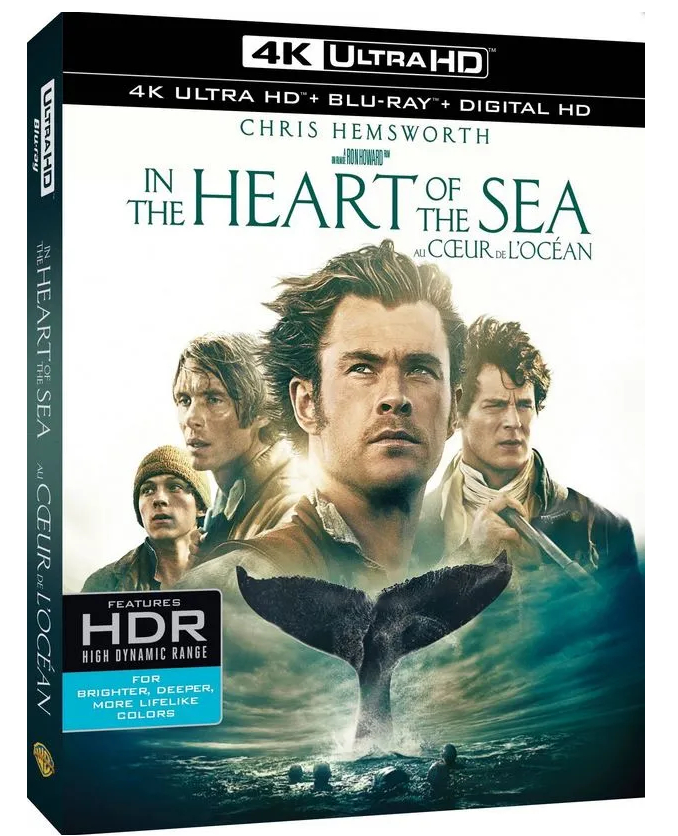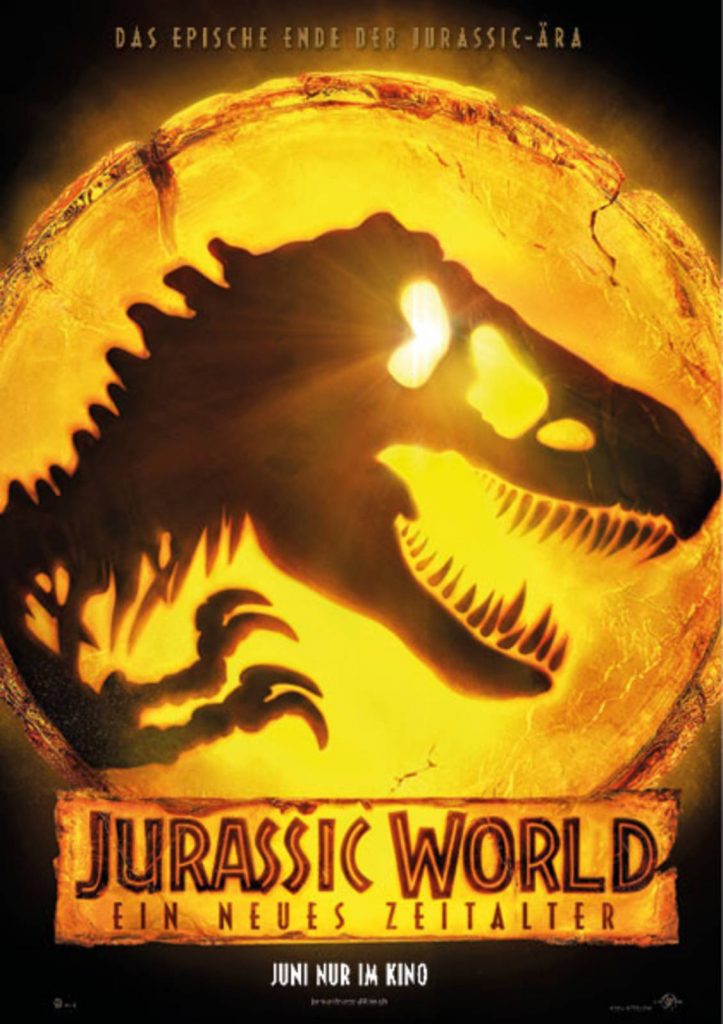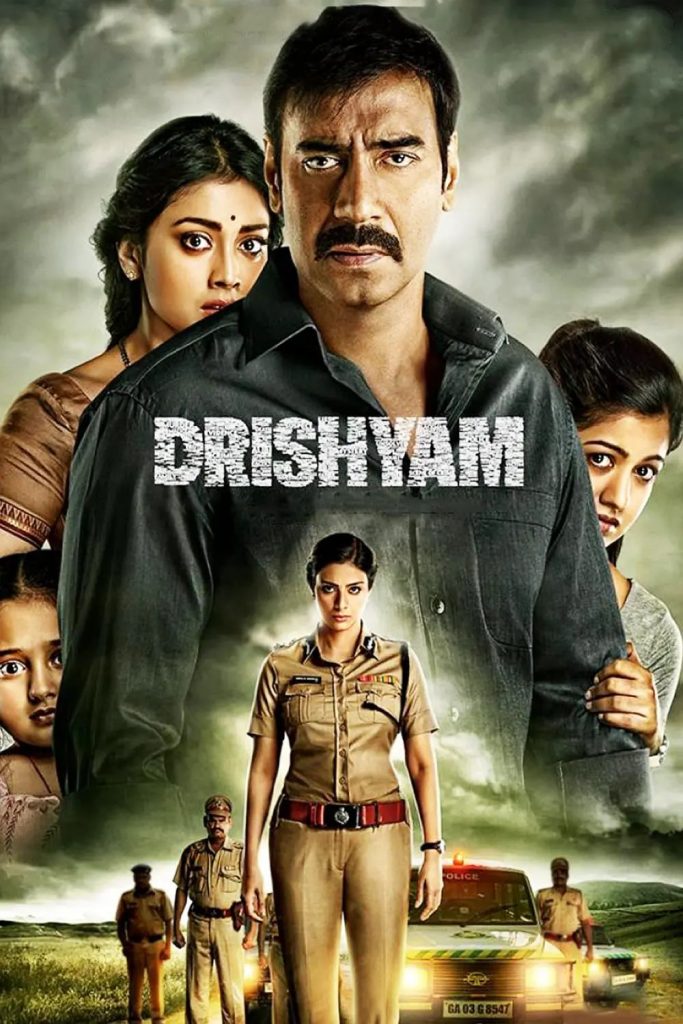The press had focused on the brutal gimmick of the “cannibal scene”, and it was not so bold as to risk the world in order to cater for commercial and rating systems. But it ends with a reverence for the sacrifice of the brave, elevating the crew’s disaster to the vicissitudes of the times and contemplating the nature of humanity.
Adapted from the book of the same name by American author Nathaniel Philbrick. The story is told by Ben Whishaw as Melville, the author of Moby Dick, and takes the audience back to the Essex, an American whaling ship in 1819.
Slowly and methodically the characters are laid out, guided by the adventure of breaking into the unknown, and the Essex Whaler is called to set sail. At first the gang mutilates a lot of whales and the ship’s top brass puts down the word that no matter if anyone has a criminal past, we are all here to get whale oil, so we must all work together.
For the sake of more whale oil and money, the captain, first mate and second mate reluctantly lead everyone to the “depths of the ocean”, then they shout and poke their javelins through the skin of the giant whales, and nature’s bloody and horrific revenge, so to speak, changes the direction of the adventure. Chris Hemsworth, as Chase, is no longer as powerful as Thor, and he has to settle for the role of first officer due to his lack of family prominence. As the rugged, gritty outlaw, he is more perceptive than the captain and steals everyone’s thunder by being the first to fight, chase and fight to the death.
With stars like Killian Murphy and Tom Holland as the “new Spider-Man”, the characterisation is slapdash and a bit of an accompaniment. It’s not until after the hunger plagues everyone and the decision to eat the flesh of the dead is made, and after the suicide by lottery process, that Frank Dillane plays the captain’s cousin Coffin, who suddenly grabs a pistol and hangs himself to save his brother, that the feat of human sacrifice is revealed in that moment.
It’s not quite a nautical epic, but it’s an old-fashioned version of Unbreakable plus the Perfect Storm format that will get your blood pumping. The details of the disaster, such as battling sea monsters, dodging wind and wave attacks and surviving desperate situations, are shot to perfection, making it clear that the $100 million production cost was not wasted.
Rain, waves and tidal waves come crashing down on us, and the special effects are exquisite. When the yellow-green atmosphere of the ocean, the characters and the monsters clearly visible in the water, and the huge whale’s tail emerges, it’s a breathtaking, horrifying sight that immediately catches the eye!
When all the masts are instantly snapped and destroyed, and the fire burns the ship again, the Essex, one of the most powerful ships of the time, is equally unstoppable in the face of natural disaster, and its horrific visual and audio spectacle, post-production, is truly breathtaking!
This film is not a box office or awards winner, but it is an awe-inspiring masterpiece. The narrator ends the film with the oil that emerges from the ground and outlaws whale oil on the market, explaining the vicissitudes of change and summing it up with the phrase “dare to challenge where others dare not”, allowing the audience to contemplate the fearless deaths and injuries caused by people in the old days who were overwhelmed by lucre.
How many brave lives have been swallowed up by greed, blinded by profit and desire, forgetting the horror of the crisis and taking the risk? Only an underrated masterpiece, “In the Heart of the Sea”, stands in silence for it!













